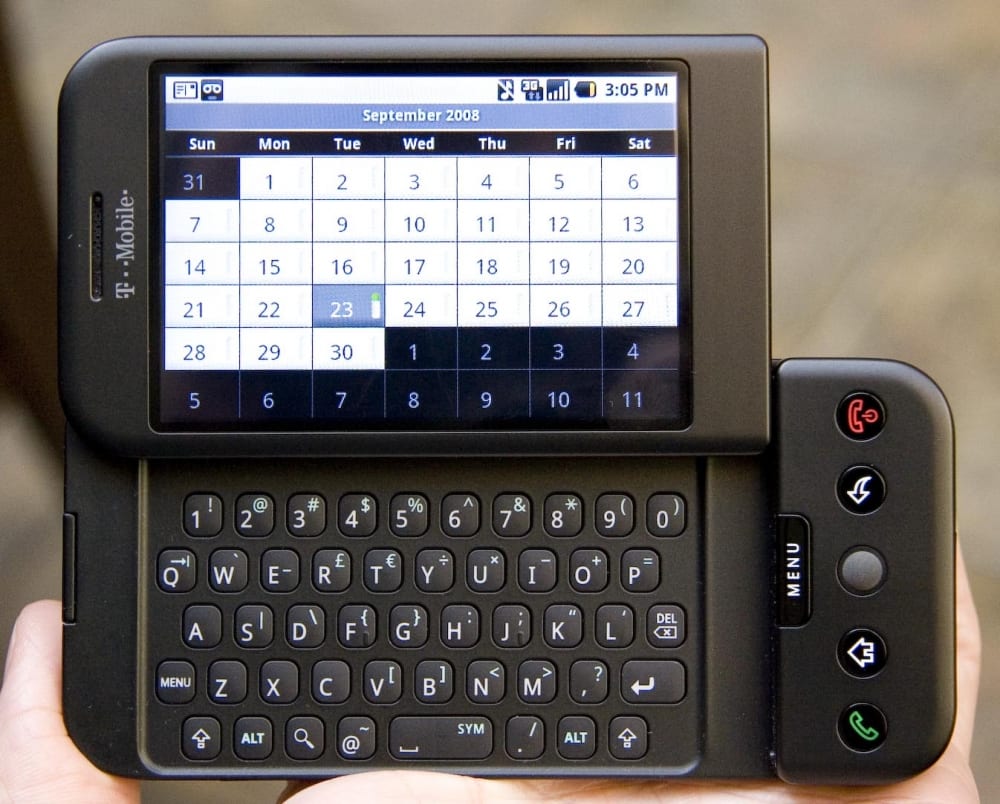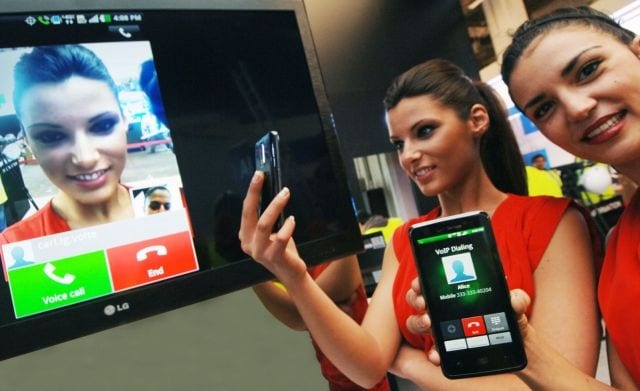I am completely sure that the WhatsApp application is known to all of you. You could say that it is almost impossible to find someone who has a smartphone without the WhatsApp app. In recent years, it has become the default smartphone application for real-time chat and, although it has had very tough competitors, it has managed to succeed and continue to be a leader in downloads.
Next we are going to review their history and how their business vision has led them to be one of the most profitable and successful businesses in recent times.
The origin of WhatsApp
As we discussed in a previous article, the first Android to hit the market was in 2008 by the hand of HTC Dream. At that time, the Android applications available were very scarce and Droid's OS customization was nothing to talk about. Perfect opportunity for entrepreneurs with clear ideas and goals.
Here they come into play Brian Acton y Jan Koum, two former Yahoo! They decided to go on a business trip together. The opportunity was clear to them: A new operating system for smartphones is emerging and iPhone apps are expanding. Focusing on these two realities, they decided to come up with an app that would change their lives.
En 2009 and after a long period of work launched WhatsApp for Iphone, an acronym for "What's Up" and App. Unsurprisingly, the market for IOS applications was not very established and the success after a few months in operation was not as expected. The first instant messaging app was about to crash forever when Korum wanted to give up WhatsApp. Luckily Acton asked him to hold out "a few more months", otherwise WhatsApp would not exist as we know it today.
The key to the success of the messaging service was thanks to Korum, who had the brilliant idea that users could see whether or not the other person was online, status updates and the popular double check. As always happens in these applications, if the service is made transparent, users come in droves with the idea that they can "spy" and gossip at other people.
Just a few weeks after Korum decided to leave and the implementation of the aforementioned updates, the application reached the 250.000 users. The great advance suffered in such a short period of time made the creators were forced to charging for the service solely for the purpose of slowing down expansion. If not, all the logistics implemented to date would not be enough and the service would collapse.
Almost to the top
Having seen the great importance of the application and the impact on users, the creators contacted different investors and expanded their servers. In this way, they would reach more people without affecting the quality of the service.
The app did not stop and its downloads increased exponentially, especially after 2010 with the version that allowed you to download wasap android for the first time. In 2011 the Windows Phone version and possibility to send photos, increasing the services available to the user and reaching the entire public.
Social networks were affected and fear began to spread when in 2013 the application already had 400 million users. Fearing losing users, Facebook was the first to take the step and bought WhatsApp for 21.000 million in February 2014.
WhatsApp in the hands of Zuckerberg
As soon as the creator of Facebook bought WhatsApp, he made the changes he had in mind. The double blue check It fell from the sky without anyone knowing anything about it but, of course, the community complained as it was not an option for the user, if not a mandatory change for all.
Zuckerberg's team responded quickly by adding new configuration options that allow you to control privacy: mark who can see your profile status, deactivate the double blue check, etc.
Although in 2012 the service began to use encryption, the keys could be read by third parties such as the NSA. Facebook changed the rules of the game and in 2014 it established a peer-to-peer encryption system, through the application Open Whisper System TextSecure. In this way the generated keys are not known by anyone, not even by WhatsApp.
Jump to the web
To make it easier for users to access WhatsApp, Facebook created the Whats-App Web service. To access this service, all you have to do is go to the WhatsApp menu for your smartphone and choose the WhatsApp Web option. Later you just have to scan with the terminal camera the unit’s QR code that appears on the computer screen and voila. Obviously, in order to use this service, the terminal has to be connected to the Internet.
It should be noted that the web version of WhatsApp acts as a mirror of the smartphone version. That is, it only shows messages. It neither stores nor allows them to be deleted from the web.
Voice over IP: Costs and competition
As soon as you bought WhatsApp, Facebook promised a IP voice service through the app. The news hit the community so deeply that, when the service began to operate, they had to establish a invitation system to avoid the collapse of the Network.
As the WhatsApp application is universal and established in almost all parts of the world, the operators began to block the IP voice services at their cheapest rates in order to prevent their use. Anyway, it's a great idea that most of the time it is cheaper than hiring a rate normal call.
On average, a minute of conversation through the WhatsApp IP voice service consumes about 400 KB. doing calculations, if you have a rate that offers you 1GB of data per month, you can talk about 45 hours on WhatsApp per month (assuming you only use the data connection for that).
Improvements for the future
The next leap that the messaging giant wants to take is video calls. There are rumors that WhatsApp has already been two months thoroughly testing this service in order to see if it is viable or not.
It also wants to expand the IP voice service, extending it for the 2G networks (currently available for WiFi, 3G and 4G). They want to get it further compressing the data in which the voice is transformed, although quality in the conversation will be lost.
What we miss most is a version of WhatsApp on a tablet, let's hope we end up seeing it one day.






Hello, could you tell me the year and the name of the person who wrote this? Please, it's for my thesis, I used this information